Big investment to master AI technology
Faced with opportunities for widespread AI application and preferential policies of the Party and State to encourage investment in science and technology, Ms. Dinh Thi Thuy, Vice Chairwoman of the Board of Directors of Misa Joint Stock Company, said: Technology enterprises see this as a great opportunity when the State pays attention and has plans to invest in science and technology, innovation and digital transformation so that enterprises can expand their markets.

According to Ms. Dinh Thi Thuy, Resolution 57 has 3 contents, which clearly state the desire for Vietnamese technology enterprises to master Vietnamese technology, make products Made in Vietnam, by Vietnamese people, master core technology to avoid dependence, master the game, and confidently develop.
“Misa is committed to mastering technology and investing 2,500 billion VND within 5 years to master AI technology. This is an extremely challenging goal,” Ms. Dinh Thi Thuy emphasized.
Meanwhile,FPT chose to stand on the shoulders of giants, which means taking advantage of existing models, creating more innovations in architecture and training methods to suit the characteristics of Vietnam. “The success of DeepSeek has shown that we can absolutely create AI products with unique values for Vietnamese people,” affirmed Mr. Vu Anh Tu, Chief Technology Officer of FPT Corporation.
To develop AI products, Mr. Vu Anh Tu said: Vietnam needs to be self-sufficient in data because we lack quality data for training large models, partly because the digital infrastructure is not yet complete, partly because data has not been shared effectively. The solution is to promote comprehensive digital transformation in the health, education , public administration sectors, etc.; encourage the sharing of public data sources to serve research and development. For example, when possessing in-depth medical data, Vietnam can completely develop proactive health care and prediction systems that are suitable for the pathological characteristics of Vietnamese people.
In addition, since 2024, FPT has invested in and provided AI infrastructure in Vietnam and Japan. Modern infrastructure helps shorten the testing time of an AI idea from 45 days to just 1 day - opening up great potential in research and development (R&D) and technology commercialization. However, for R&D to develop sustainably on a national scale, close coordination between the State - businesses - schools is needed.
Mr. Nguyen Tu Quang, Vice President of the Vietnam Software and IT Services Association (VINASA), Chairman of the VINASA AI and AI Ethics Committee, said that Vietnamese people are very good at developing AI, especially GenAI, thanks to the combination of intuition and mathematics. However, Vietnam has not had many achievements in this field, facing certain difficulties such as lack of big data, lack of experts and need to invest more heavily in research and practical application.
According to Mr. Vu Thanh Tung, Director of AI Cloud Products, GreenNode, this unit has deployed AI solutions for a bank with 13,000 employees. After a period of implementation, this bank has reduced 2/3 of the time for processing documents, saving more than 2,000 working days and more than 15 billion VND per year.
However, according to Mr. Tung, during the implementation process for enterprises in Vietnam, GreenNode also encountered many challenges including: Disjointed data, costly to manage, requiring skills and resources to move data into a centralized warehouse; Processes constantly changing according to market fluctuations; Sensitive data and high security requirements; Lack of human resources to develop AI and data.
AI becomes an everyday tool
Mr. Ho Duc Thang, Deputy Director of the National Digital Transformation Agency (Ministry of Science and Technology), said that artificial intelligence is becoming a daily working tool. AI is present in everyone's phone, on their desk, and is changing the way both businesses and government agencies operate. Global businesses have quickly boarded the AI train. In 2023, 55% of businesses will use AI; in 2024, this number will be 75%. The clear message is that AI is not a future trend, but a reality.
Telling a real story at his unit, Mr. Ho Duc Thang informed that currently, State agencies are simultaneously carrying out two major tasks: promoting innovation and digital transformation, while streamlining the apparatus, resulting in a significant increase in the workload on each civil servant's shoulders.
Right at the National Digital Transformation Agency, there are department heads who have spent a large amount of money compared to their civil servant salary of 5 million VND per month to buy GPT Pro accounts, because without the support of virtual assistants, they will not be able to handle the large amount of work.
“AI is not an option but a necessary tool. The best specialists are those who use AI the most. Conversely, those who know how to use AI effectively will have excellent work,” Mr. Ho Duc Thang added.
A representative of the National Digital Transformation Agency said: The National AI Strategy to 2030 is being urgently completed. This is not only a policy document, but also a specific action roadmap for Vietnam to not only keep up but also lead in the field of AI.
According to experts, to develop AI, we must first have a solid foundation. With AI, there are two basic things: computing power and quality data. It is expected that the State will invest heavily in computing infrastructure, providing it at a reasonable cost to the research community, startups and businesses.
Regarding data, in the coming time, the State will accelerate the implementation of the National Data Center and complete the institutional system on data. At the same time, it will accelerate the construction of national databases and specialized databases.
To popularize AI to the entire population and comprehensively, the Ministry of Science and Technology, directly the National Digital Transformation Agency, proposes the following approach: All ministries, branches, and localities have plans to apply AI to their work. Localities will focus on online public services and smart cities; and ministries and branches will apply AI in each specialized field. The goal is that AI will be applied in all fields and everyone can access and benefit from AI.
Regarding human resources, Deputy Director of the Department of Digital Transformation Ho Duc Thang informed: The strategy places special importance on human resource training. AI education is proposed to be included in all levels of education from primary school and above, and at the same time, existing human resources will be trained and retrained to be proficient and effectively use AI tools.
At the same time, the State will have policies to attract talent, form a team of good AI experts and assign major problems to these experts for consulting and support; form a network of about 1,000 good experts and about 50,000 AI engineers in the next 5 years.
In terms of finance, the Strategy advocates diversifying forms of financial support for the research community and businesses. In addition to state funds for research and development, we set up KPIs to prioritize investment in AI - such as 5% of the National Science and Technology Development Fund, 30% of the High-Tech Venture Investment Fund. In particular, the Strategy plans to allocate about 20% of the National Technology Innovation Fund to support businesses in applying AI.
To avoid overlap and take advantage of each other's resources, recently, the Au Lac AI Alliance, consisting of more than 20 participating units, is a solution to these challenges. Based on the strengths of its members, the Au Lac AI Alliance will focus on 3 main areas: Research and development, Building standards and policies on AI, Training
In the field of research and development (R&D), members will jointly develop large language models (LLMs) with the ability to process Vietnamese accurately, naturally, and in accordance with Vietnamese culture and identity, contributing to improving people's knowledge and promoting the national economy.
At the same time, members will also join forces to build an open, transparent AI community where all individuals, organizations and businesses can freely access and use public assets (including source code, data and models), including for commercial purposes, to promote AI innovation and application in Vietnam, realize national AI sovereignty and enhance Vietnam's technological position.
In the field of AI policy and standards development, the Au Lac AI Alliance will contribute opinions on AI-related policies, standards and codes of conduct to ensure AI products are safe, responsible, and comply with ethical standards and legal regulations.
Source: https://doanhnghiepvn.vn/cong-nghe/dau-tu-lam-chu-tri-tue-nhan-tao-mang-ban-sac-viet/20250709081513008



![[Photo] Parade to celebrate the 50th anniversary of Laos' National Day](/_next/image?url=https%3A%2F%2Fvphoto.vietnam.vn%2Fthumb%2F1200x675%2Fvietnam%2Fresource%2FIMAGE%2F2025%2F12%2F02%2F1764691918289_ndo_br_0-jpg.webp&w=3840&q=75)
![[Photo] Worshiping the Tuyet Son statue - a nearly 400-year-old treasure at Keo Pagoda](/_next/image?url=https%3A%2F%2Fvphoto.vietnam.vn%2Fthumb%2F1200x675%2Fvietnam%2Fresource%2FIMAGE%2F2025%2F12%2F02%2F1764679323086_ndo_br_tempimageomw0hi-4884-jpg.webp&w=3840&q=75)



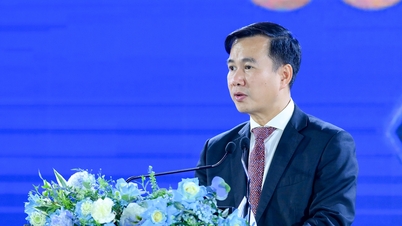



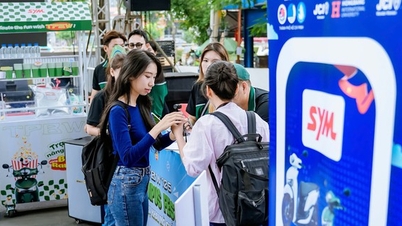

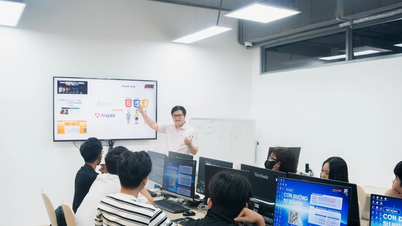
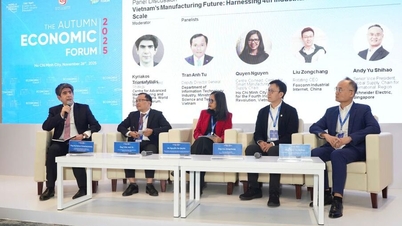




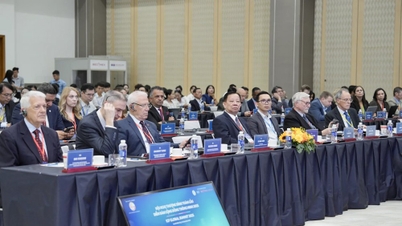
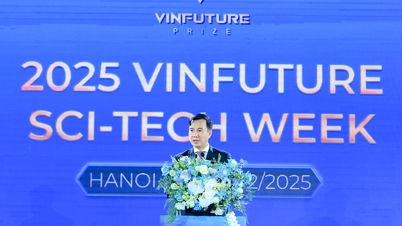


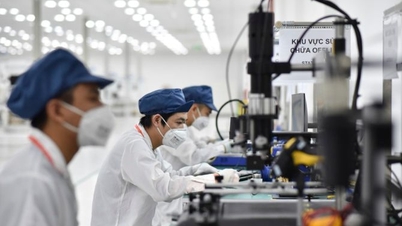





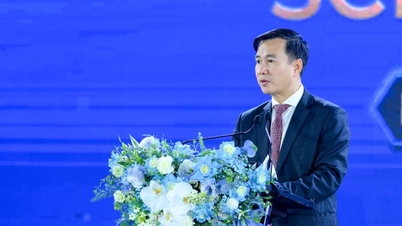

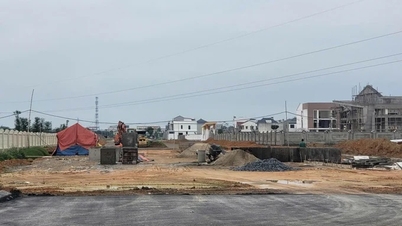



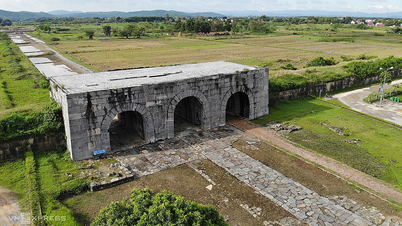
























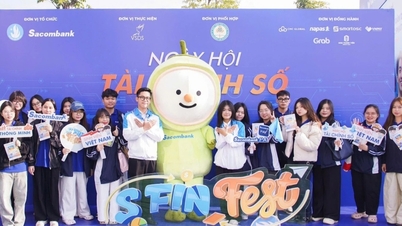










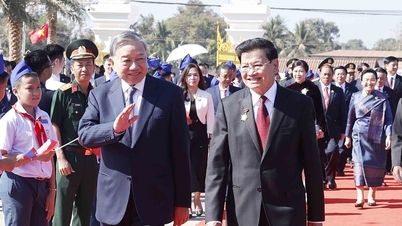
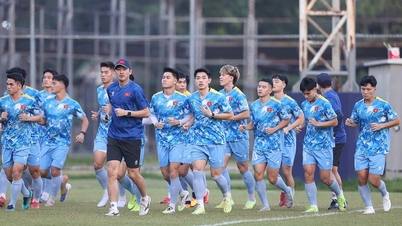





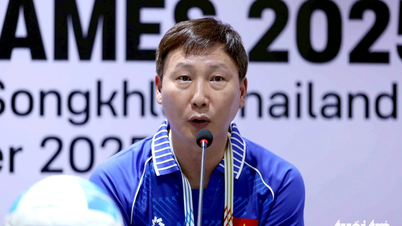

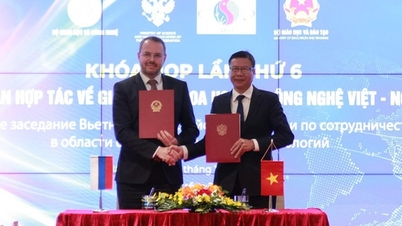
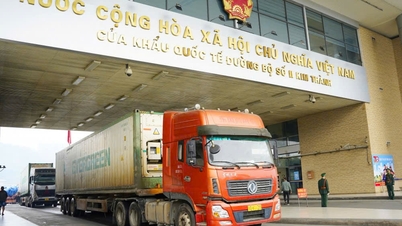



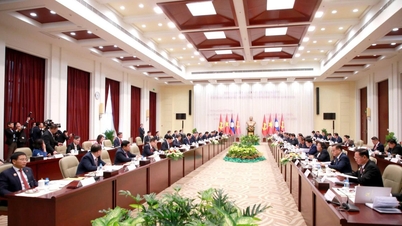

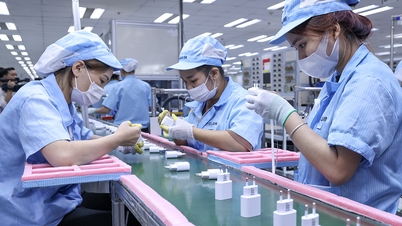
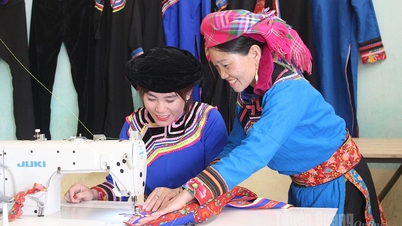


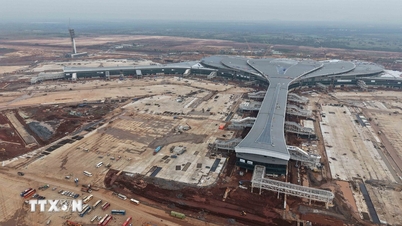

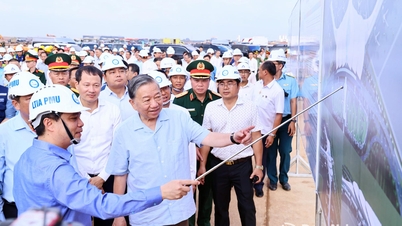


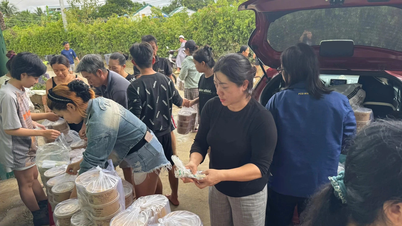













Comment (0)